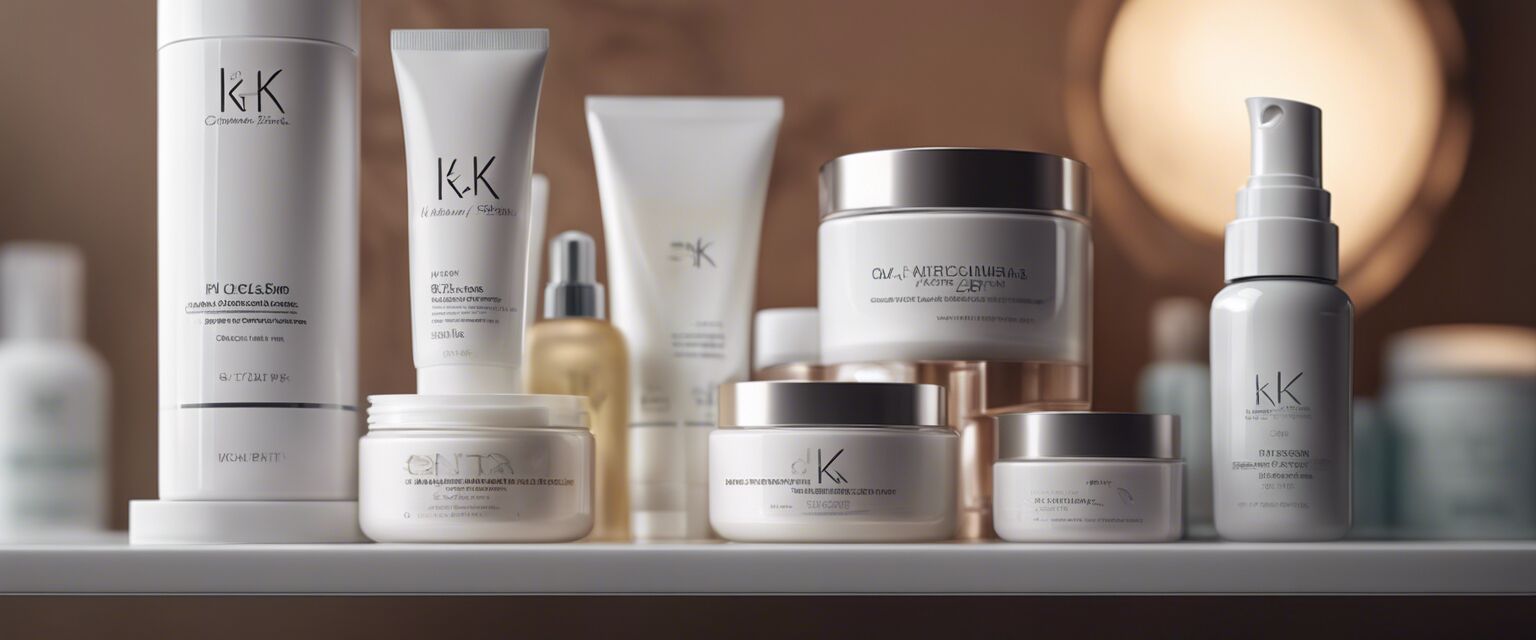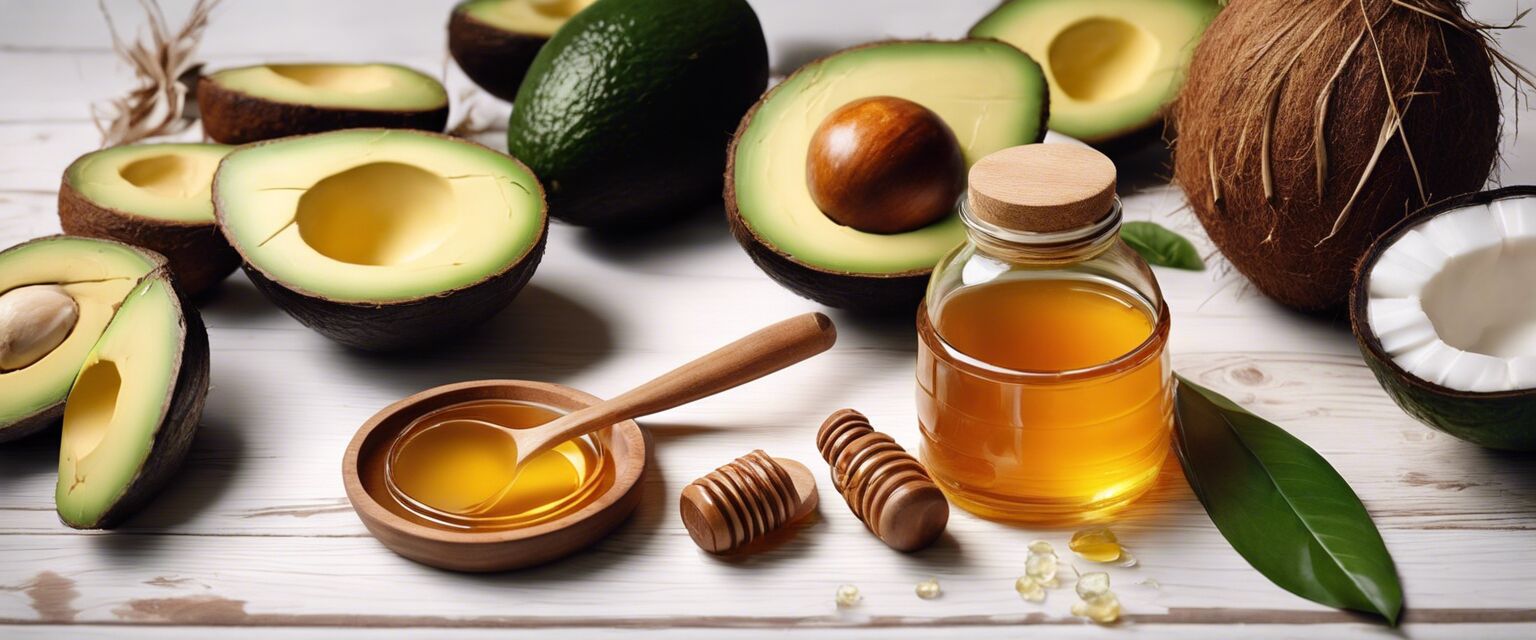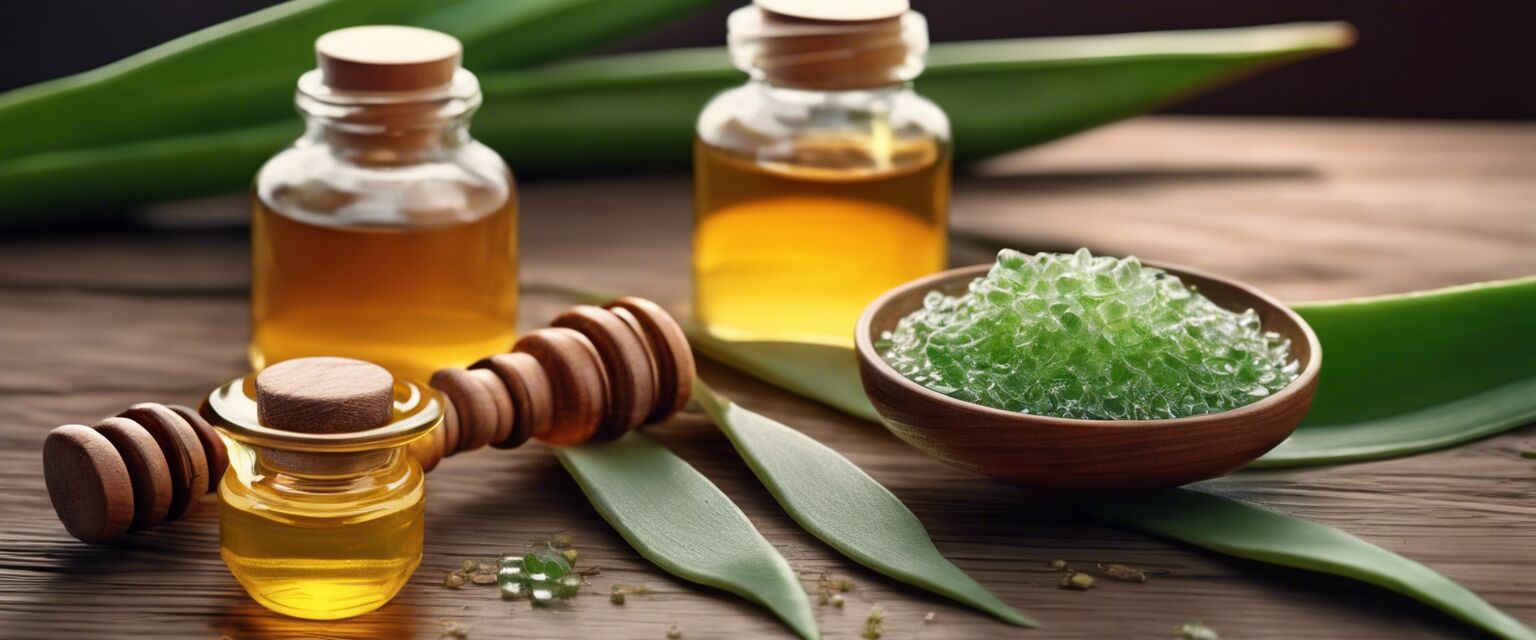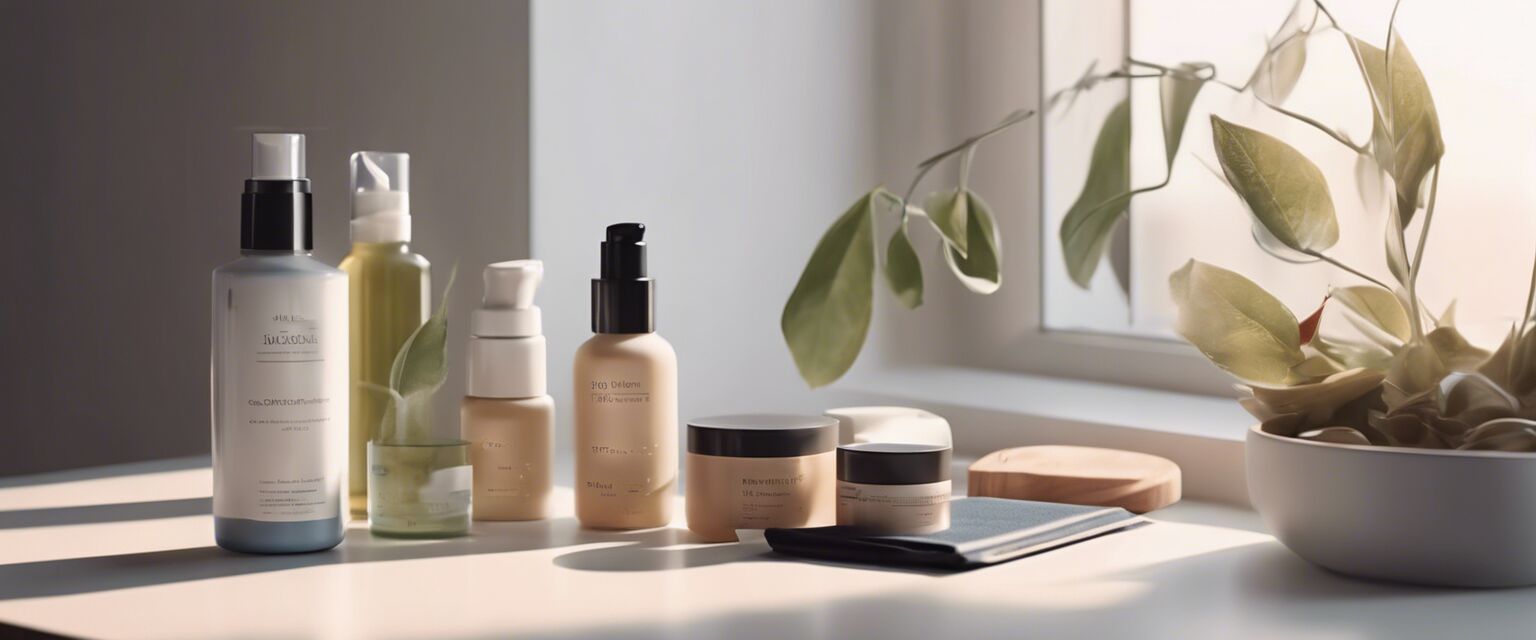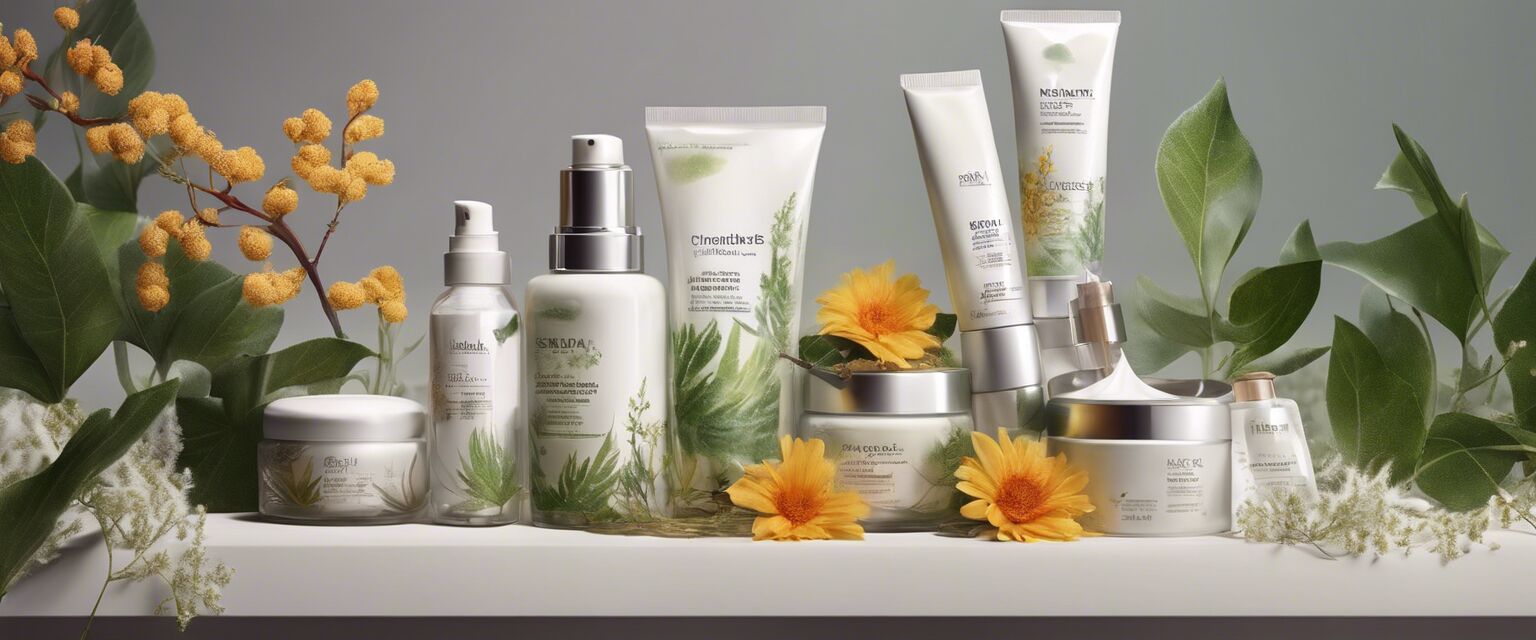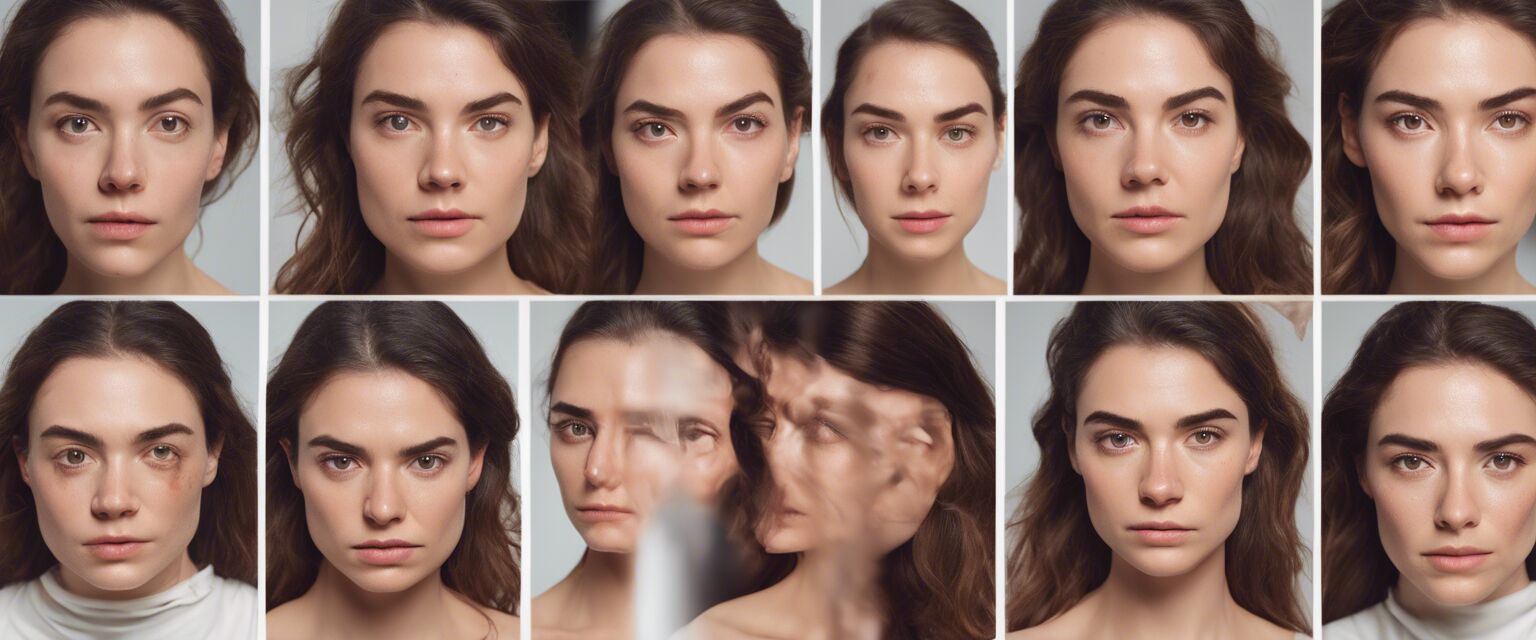
Hormonal Acne Solutions
As a teenager, dealing with acne can be frustrating and affect your self-confidence. Hormonal acne, in particular, can be challenging to manage. But don't worry, we've got you covered! In this article, we'll guide you through understanding and managing hormonal acne.
Key Takeaways
- Hormonal acne is caused by hormonal imbalances, genetics, and environmental factors.
- Identifying your skin type and understanding your hormonal cycle can help you manage hormonal acne.
- A combination of gentle skincare routine, healthy lifestyle, and acne treatments can help alleviate hormonal acne.
What is Hormonal Acne?
Hormonal acne is a type of acne that is triggered by hormonal imbalances in the body. It is common in teenagers, especially during puberty, and can persist into adulthood.
| Hormonal Acne Causes | Description |
|---|---|
| Hormonal Imbalance | Changes in hormone levels, such as androgens, can lead to increased sebum production, clogged pores, and acne. |
| Genetics | If your parents had acne, you may be more likely to experience hormonal acne due to genetic predisposition. |
| Environmental Factors | Exposure to pollution, humidity, and certain chemicals can contribute to hormonal acne. |
Understanding Your Skin Type
Knowing your skin type is crucial in managing hormonal acne. There are five main skin types: normal, dry, oily, combination, and sensitive.
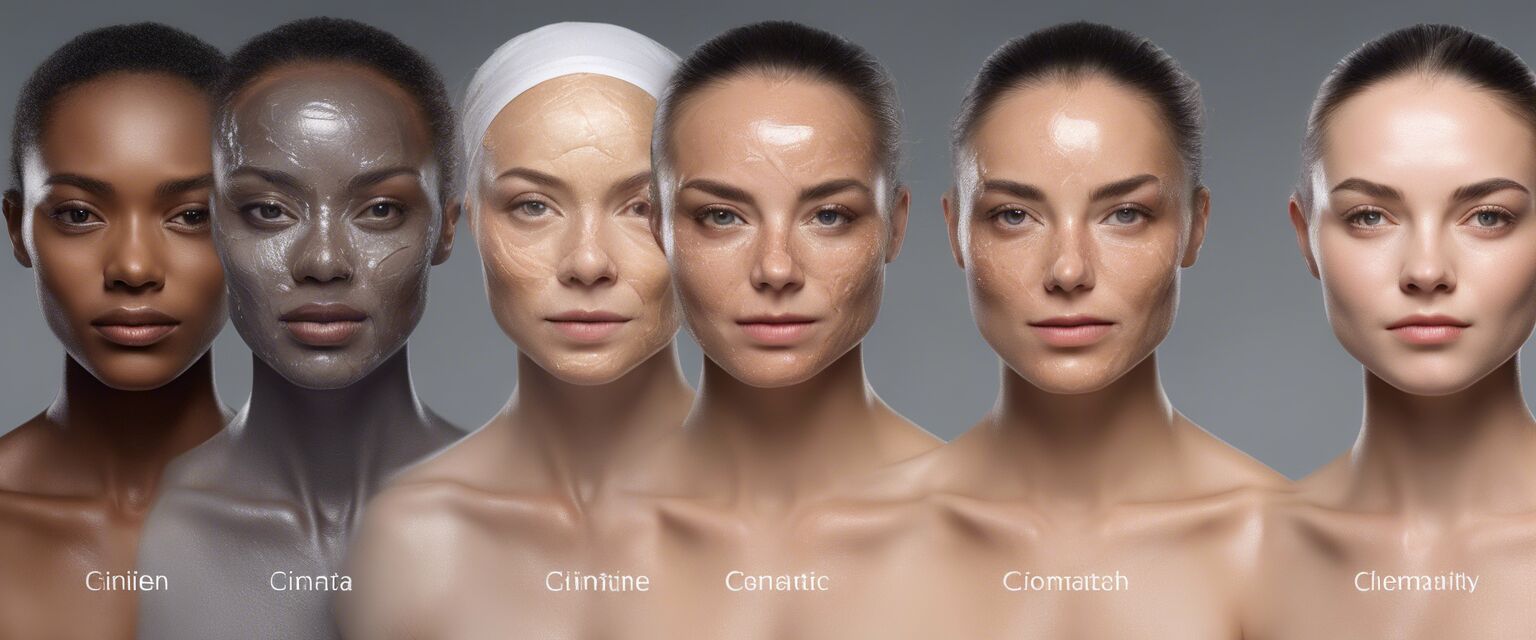
- Normal skin: balanced skin with no extreme dryness or oiliness
- Dry skin: dry, tight, and flaky skin
- Oily skin: shiny, greasy, and prone to blackheads and whiteheads
- Combination skin: mix of oily and dry skin
- Sensitive skin: easily irritated and reactive skin
Understanding Your Hormonal Cycle
Your hormonal cycle can affect your skin and acne. Tracking your period and understanding your hormonal fluctuations can help you prepare for and manage hormonal acne.
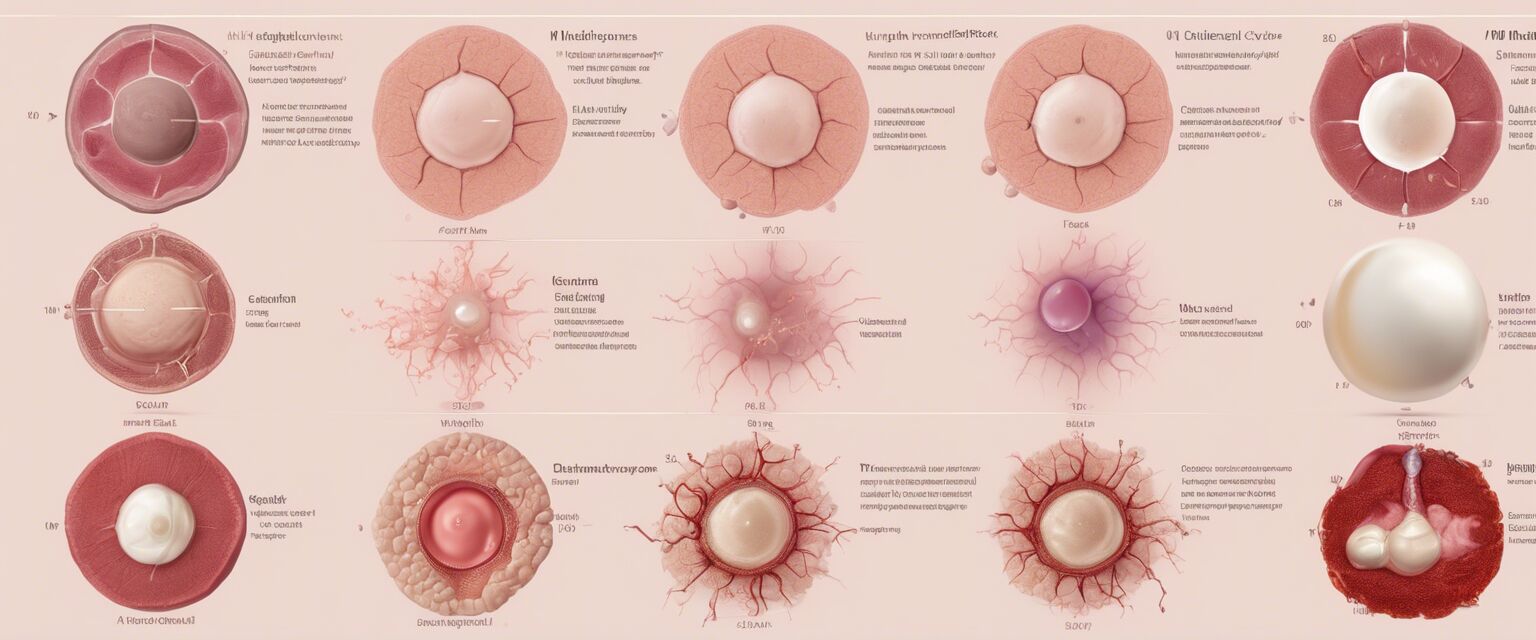
Gentle Skincare Routine for Hormonal Acne
A gentle skincare routine can help alleviate hormonal acne. Use products labeled "non-comedogenic" or "oil-free" to avoid clogging pores.
| Skincare Step | Product Recommendation |
|---|---|
| Cleansing | Gentle cleanser |
| Toning | Balancing toner |
| Mositurizing | Lightweight moisturizer |
Lifestyle Changes for Hormonal Acne
In addition to a gentle skincare routine, making healthy lifestyle changes can help manage hormonal acne.
- Stay hydrated by drinking plenty of water
- Exercise regularly to reduce stress and improve overall health
- Eat a balanced diet rich in fruits, vegetables, and whole grains
- Get enough sleep (7-8 hours) to help regulate hormones
Acne Treatments for Hormonal Acne
If your hormonal acne is persistent, consider using acne treatments containing salicylic acid, benzoyl peroxide, or tea tree oil.
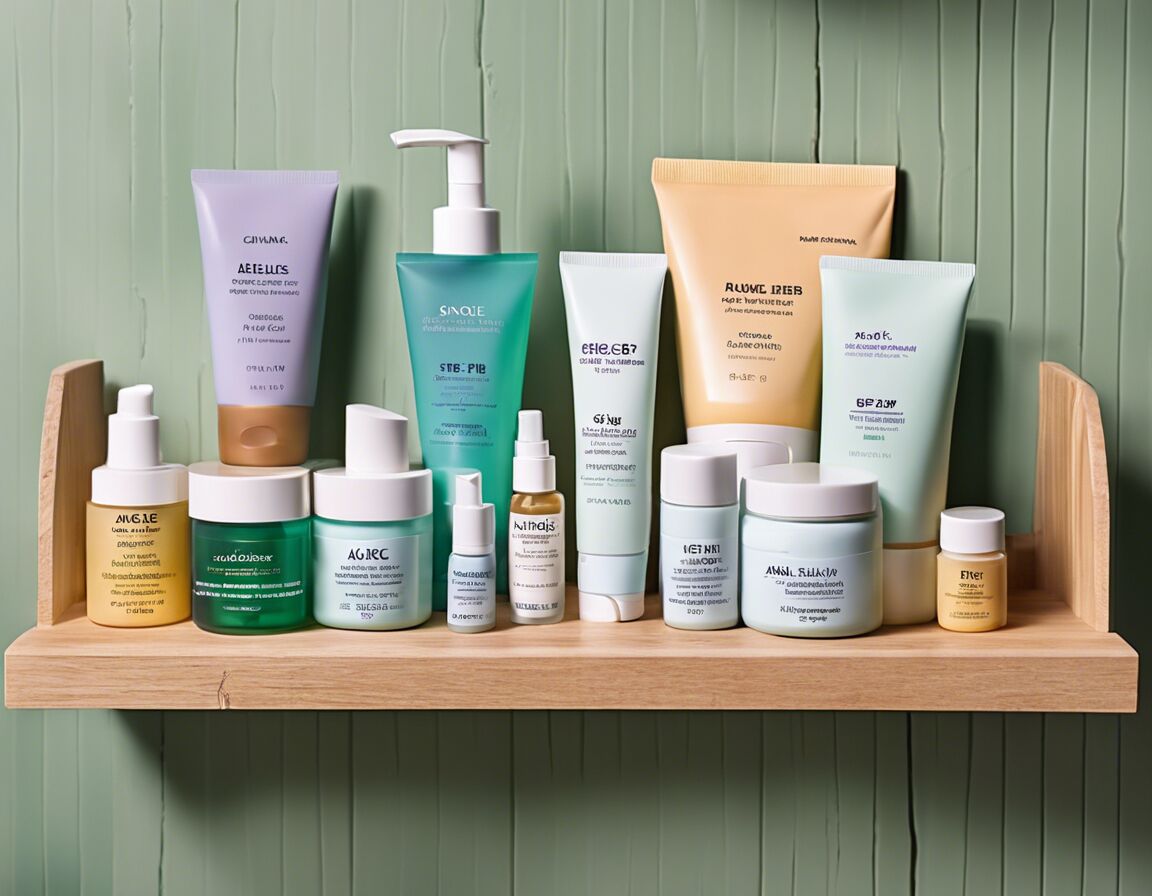
Pros
- Helps reduce acne inflammation and prevent scarring
- Can be used in combination with other treatments
- Available in various forms, such as creams, gels, and spot treatments
Cons
- May cause dryness, redness, or irritation, especially if used excessively
- May not be effective for severe acne
- Can be expensive, especially if used long-term
Conclusion
Hormonal acne can be challenging to manage, but by understanding your skin type, hormonal cycle, and making healthy lifestyle changes, you can alleviate acne symptoms. Remember to be patient, and don't hesitate to consult a dermatologist if your acne persists.
